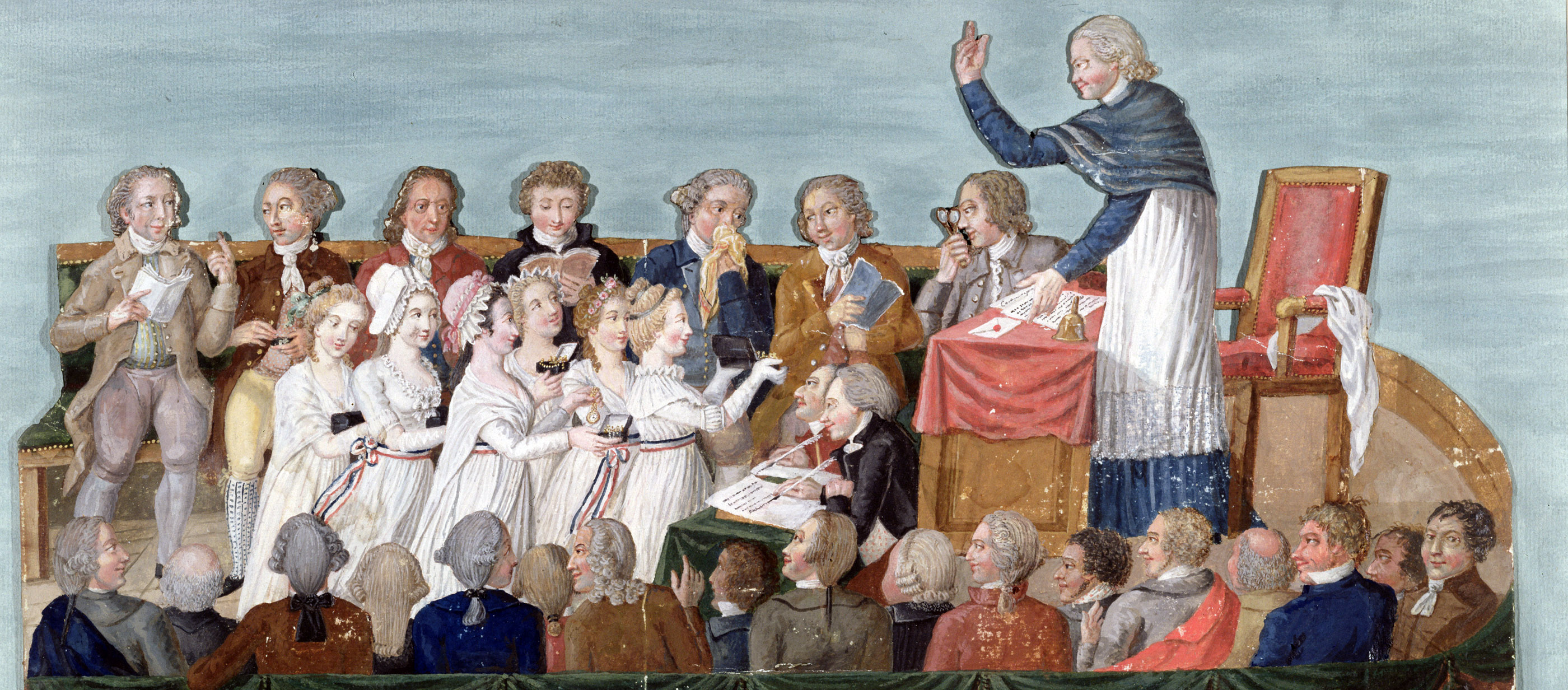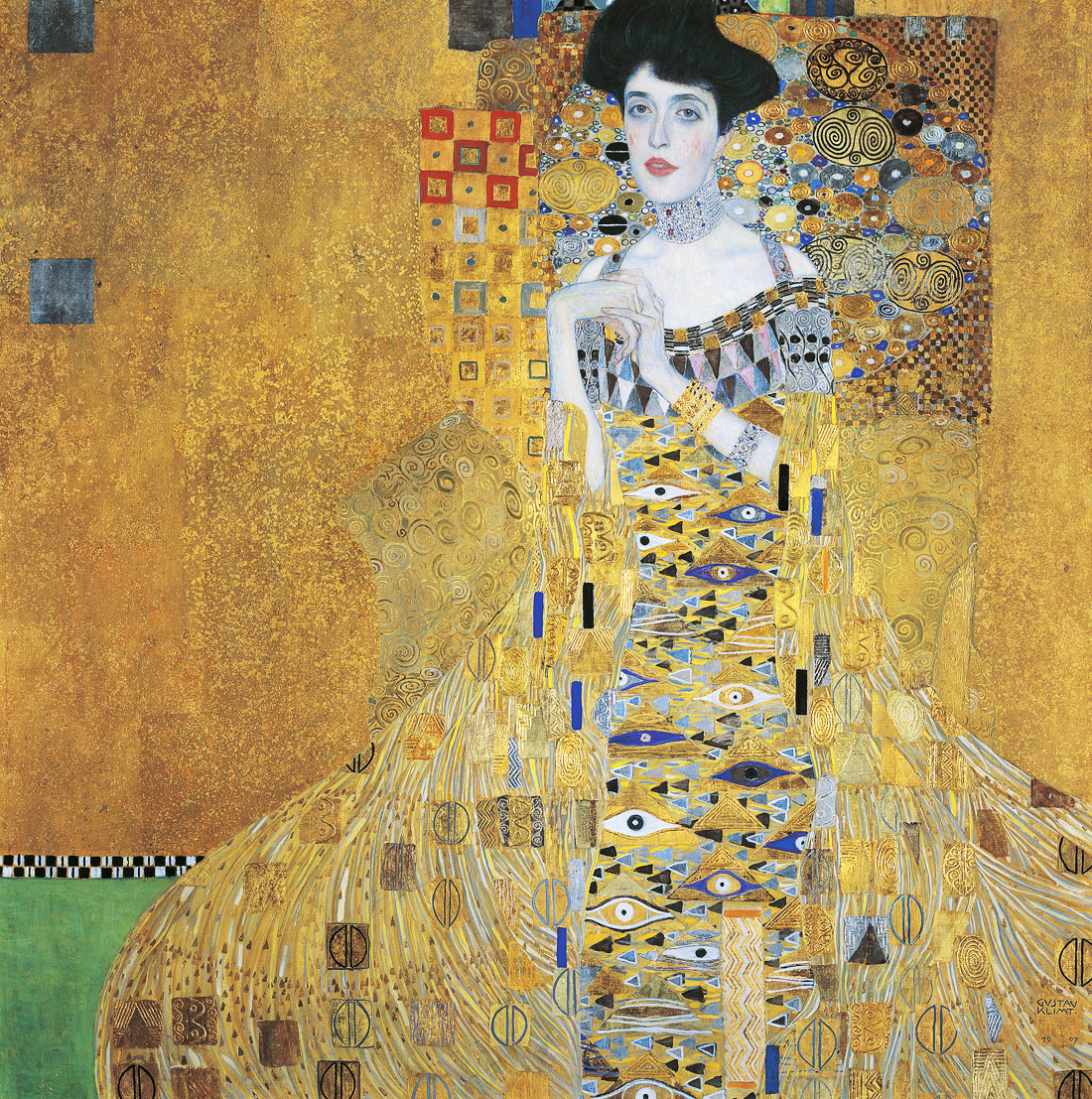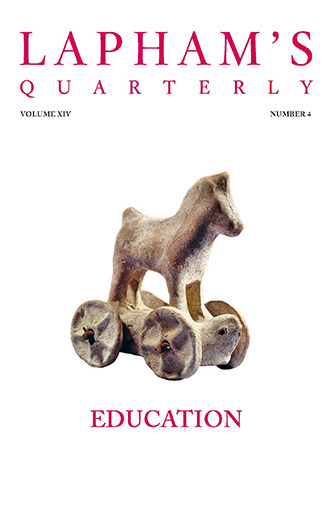If you would help another man, you must do so in minute particulars.
—William Blake, 1804Getting Satisfaction
Benvenuto Cellini gets what he wants.
At this time our Duke of Florence was living at Poggio a Caiano, about ten miles from Florence. So there I went to see him, merely in the course of my duty—since I too was a Florentine citizen; since my ancestors were very friendly with the Medici family, and I as much as any man loved Duke Cosimo. So, as I say, I went to Poggio only to pay my respects, and with not the least intention of staying with him—as it pleased God, who does all things well, that I should do.
When I came into the duke’s presence, he received me with great kindness, and then he and the duchess asked me all about the work I had been doing for the king. With the greatest goodwill I explained everything in full detail. He listened, and then replied he had heard it was indeed so, adding, with a gesture of compassion, “A poor reward for all your great labors! Benvenuto, my friend, if you were to undertake work for me I should pay you very differently than that king of yours, of whom, out of your good nature, you speak so well.” To this I replied by explaining the great obligations I was under to His Majesty, who had first freed me from an unjust prison, and then given me such a chance of making wonderful masterpieces as had never fallen to the lot of any of my artist peers. While I was speaking thus, the duke writhed with impatience, and looked as if he could hardly stay to hear me out. When I had finished, he said, “If you will work for me, I will give you such rewards as may perhaps astonish you—provided the result pleases me, and of that I have no doubt at all.” And so, poor unlucky creature that I was, wishing to prove to the masters of our wonderful school that since I left Florence I had been striving for success in other departments of art besides those which they deemed mine, I answered that I would willingly make a great statue in marble or in bronze for his fine piazza. To this he replied that, to begin with, he would like from me a Perseus. This had been long in his mind, and he begged me to make a model of it for him. So I set to the task with great goodwill, and in a few weeks I had finished it. It was made of yellow wax, about a cubit in height, and very delicately wrought, for I had given all my best skill and knowledge to the making of it. The duke returned to Florence, but several days went by before I could show him the model. Indeed, from his indifference you might have judged he had never seen or heard of me, and this boded ill, I thought, for my dealings with His Excellency. However, one day after dinner I took my model to his wardrobe chamber, and he came to see it along with the duchess and some lords of his court.

Citizens of Paris Offering Their Jewels to the National Convention, by Jean-Baptiste Lesueur, c. 1790. © Musee de la Ville de Paris, Musee Carnavalet, Paris, France/Archives Charmet/Bridgeman Images
As soon as he set eyes on it, he was so pleased, and praised it so extravagantly that I had good hope of having found in him a patron of some discrimination. He examined it for a long time with ever-growing delight, and then he said, “Benvenuto, my friend, if you were to carry out this little model on a large scale, it would be the finest thing in the piazza.” Thereupon I replied, “My most excellent lord, in the piazza are works by the great Donatello and the marvelous Michaelangelo, the two greatest men since the ancients. Nevertheless, as your most illustrious Excellency is so encouraging to my model, I feel within me the power to do the complete work three times as well.” These words of mine stirred up a deal of argument, for the duke kept saying that he understood such things perfectly, and knew just what could be done. I replied that my work would decide this dispute and his doubt, though most certainly I should achieve more for His Excellency than I had promised him. Then I asked him to give me the means of carrying out the undertaking, as otherwise I could do nothing. The duke replied that I should draw up a formal demand, stating precisely my wants, and he would order these to be amply provided for. Certainly, if I had been shrewd enough to obtain by contract all I needed for my work, I should have escaped the great annoyances which, by my own fault, I afterward experienced. For he seemed most determined to have the work done, and to make the necessary preparations for it. But I, who did not realize that his lordship acted more like a merchant than a duke, treated with him most liberally, as duke rather than merchant.
As I had the greatest desire to begin my operations, I told His Excellency that I needed a house where I could set up my furnaces for work in clay and bronze, also in gold and silver, which required other arrangements. “For,” said I, “I know you are well aware how ready I am to serve you in all these various departments, and that I need suitable rooms for the purpose.” To prove to His Excellency how eager I was for his service, I had already found the house that suited me, in a very convenient part of the town. And because I did not want to annoy the duke with demands for money or anything else till he had seen my work, I offered him two jewels which I had brought from France, and begged him to buy the house with them, and to keep them till I had earned the amount by my labors. The jewels had been exquisitely set by my workmen under my direction. He looked at them for some time and then said with an air of utmost frankness, which roused false hopes in me, “Take away your jewels, Benvenuto. It is you I want, not them; and you shall have your house free.” After that he wrote a deed following my request—I have kept it to this day—to this effect: “Let this house be examined. Find who is the owner and what price he asks; for we wish to please Benvenuto.” I thought this written order made me sure of the house, for I felt certain that my works would give far more satisfaction than what I had promised. His Excellency then gave the matter into the hands of a certain major-domo of his named Ser Pier Francesco Riccio. He was from Prato, and had been the duke’s pedantic pedagogue. I spoke to the brute, and told him all the things I wanted—for instance, I mentioned that in the garden I wished to build a workshop. But he gave the business over to a paymaster, a dried-up scarecrow of a man, called Lattanzio Gorini. A curious little object he was, with spidery hands, and a tiny voice that hummed like a gnat, and he crept about like a snail. As my ill luck would have it, he sent to my house as much sand and lime and stones as would barely have built a pigeon coop. Things seemed to be going at a rather chilly pace, and I began to feel alarmed. But then I said to myself, “Little beginnings sometimes lead to great ends.” And, besides, I could not but be hopeful when I thought of all the thousands of ducats the duke had thrown away on hideous works of sculpture done by that beast Buaccio Bandinelli. So I took heart and gave Lattanzio Gorini a kick in the ass to move him along, but I might as well have shouted to a blind boy driving a pack of lame donkeys. In spite of all the difficulties, by dint of using my own money, I had marked out the plan of the shop, and cut down trees and vines, according to my wont, hurrying on with the work eagerly—nay, furiously would be the better word.
On the other hand, I was dependent on Tasso the carpenter, a great friend of mine, whom I had commissioned to make a wooden frame on which to set up the great Perseus. This Tasso was a very clever man, the best, I think, in his craft. He was good-humored and cheerful, too, and every time I went to him he met me with a laugh, and trolled out a ballad in falsetto. At this time my affairs in France seemed to be going very ill, and from those at home I could look for little profit, owing to the coldness of the duke ; so that I was nearly desperate. Yet he always forced me to listen to at least half his song, and after a little I even cheered up in his company, and thrust my dismal thoughts as far from me as I could.
I had arranged all the things I have spoken of, and my preparations for the great undertaking were well advanced—indeed I had already used some of the lime—when one day I was sent for in haste by the major-domo. I found him, after His Excellency’s dinner, in the room called the Clock Hall. When I came in, I greeted him with the greatest respect, but his reception of me was most frigid. He asked me who had installed me in that house, and with whose authority I had begun to build on the premises, and said he was much astonished that I was so daring and presumptuous. I replied that His Excellency had put me in possession of the house, and that his lordship, in the duke’s name, had given the orders concerning the business to Lattanzio Gorini. Lattanzio had sent stone and sand and lime, and supplied everything I had asked for, and had said he was doing so by his lordship’s orders. At this the brute turned on me with greater sharpness than before, and told me that neither I nor any of those I had named spoke the truth. Then I flew into a rage, and said to him, “Major-domo, so long as Your Excellency speaks in accordance with the rank to which you have risen, I shall treat you with respect, and address you as submissively as I do the duke. Otherwise I shall address you as merely Ser Pier Francesco Riccio.” The man got in such a passion that I thought he was going mad there and then—even before the time appointed by heaven—and he told me in the most insulting terms that he wondered greatly at himself for letting me speak at all to a man like him. At this I was roused to say, “Now listen to me, Ser Pier Riccio, and I’ll let you know who are my equals. As for yours, they are schoolmasters who teach reading to children.” At this the man’s face grew distorted; he lifted up his voice and repeated his words still more insolently; whereupon I too put on a threatening air and, assuming something of his own arrogant tone, declared that my peers were worthy to speak with popes, emperors, and great kings; and that my equals numbered perhaps one in all the world, while a dozen of his sort could be found on every doorstep. At this he jumped on a window seat in the hall, and ordered me to repeat once more the words I had said, which I did more hardily than before, adding that I did not care to serve the duke any longer, and that I should return to France, which I was free to do. The brute stood dazed and ashen-colored, and I took myself off in a towering rage, intending to shake the dust of Florence from my feet. And would to God I had carried out my intention!

Adele Bloch-Bauer I, by Gustav Klimt, 1907. © Neue Galerie, New York, USA/De Agostini Picture Library/E. Lessing /Bridgeman Images
I had made up my mind to set off as speedily as possible, without leave from the duke or anyone else. But one morning the major-domo sent very humbly for me, and began one of his pedantic rigmaroles, in which I heard neither style, grace, skill, beginning, nor end. All I could make out was, he professed to be a good Christian, and he did not wish to cherish hatred toward anyone, so he asked me, on the part of the duke, what salary I desired for my upkeep. I stood there cool and collected, making no answer, for I had made up my mind not to remain. Getting no reply, he was shrewd enough to say, “Oh, Benvenuto, an answer is due to dukes; and my message comes from His Excellency.” As it came from His Excellency, I said I was quite willing to reply, and so he was to tell the duke that I did not wish to be second to any of those in my profession whom he employed. Then the major-domo answered, “Bandinelli gets two hundred scudi for his upkeep, so if you are content with the same, your salary is arranged.” I said I was satisfied, and that what I earned over and above this should be given me when my work had been seen, and that I left it all to the good sense of his most illustrious Excellency. So against my will, I picked up the thread again, and set to work, the duke heaping every imaginable favor upon me.

Benvenuto Cellini
From My Life. After being condemned to death for fighting in 1523, the Florentine sculptor fled to Rome, where he helped defend the city during the sack of 1527 and bragged of shooting the constable of Bourbon and the prince of Orange. This florid account of the artist’s life was first printed in Italy in 1728. Cellini’s Perseus, completed for Cosimo de’ Medici in 1554, still stands in the Loggia dei Lanzi in Florence.
